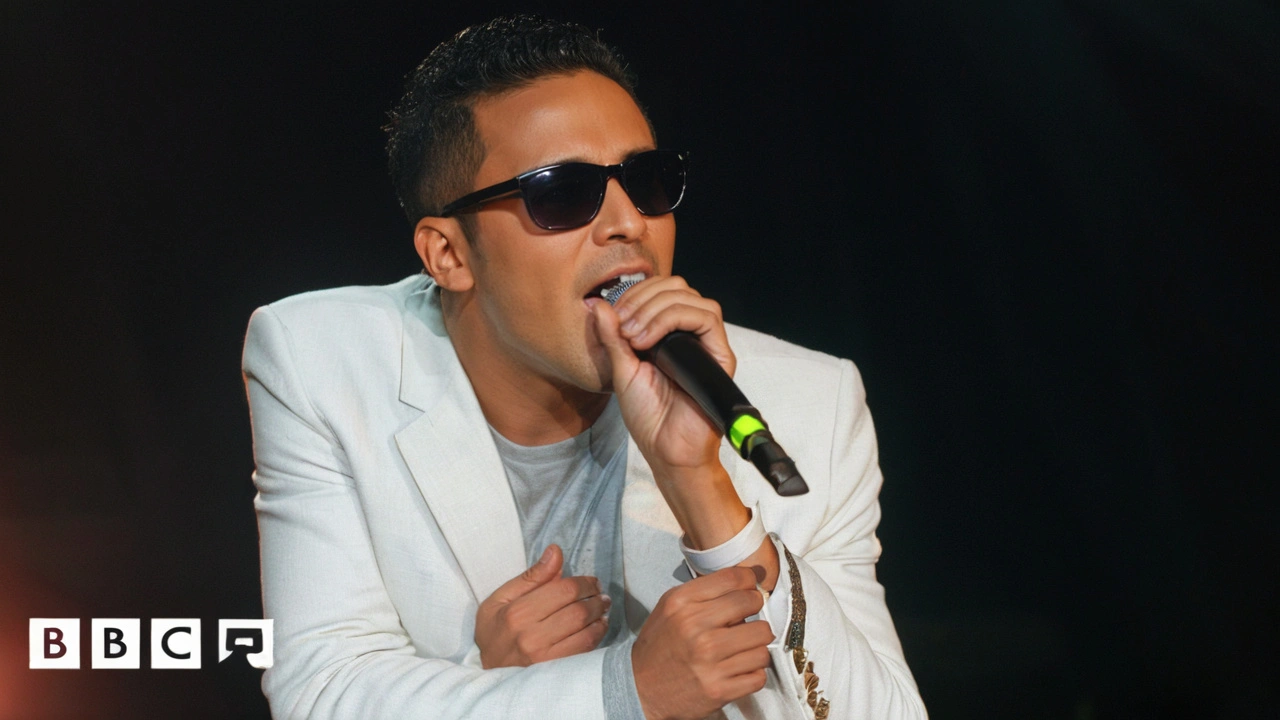Media Literacy: Why It Matters Now More Than Ever
In today’s world, we’re bombarded with news, videos, ads, and posts from all directions. Media literacy isn’t just a fancy term—it’s the skill that helps you make sense of what you see, hear, and read. When you’re media literate, you can spot fake news, notice bias, and understand different points of view.
Think about the last time you read a shocking headline or saw a viral video. Did you check where it came from? Media literacy teaches you to ask those questions instead of just believing everything at face value. This skill isn’t just for experts—it’s for everyone who wants to be smarter and safer online and offline.
How to Boost Your Media Literacy Skills
Start by questioning the source: Who made this? Are they credible? What’s their goal? Look for evidence in the story and check if other reliable sources confirm it. If it’s a social post, read the comments or see if others are reporting the same facts. Being skeptical doesn’t mean being cynical—it means being careful.
Next, look out for emotional tricks. If a news item tries to make you angry or scared quickly, pause and think. Such content often aims to manipulate your feelings to make you react without thinking. Separating your emotions from the facts lets you decide what’s true and important.
Why Media Literacy Is Key for Everyone
Whether you’re a student, a working adult, or just casually browsing, media literacy protects you from misinformation that can cause real harm—from false health advice to political lies. It also helps you understand complex stories better, making you a better decision-maker.
Long gone are the days when trusting a single news source was enough. Now, you need to juggle multiple voices and spot the ones that reliably inform. Having media literacy is like having a superpower in a noisy world—it keeps you grounded, informed, and confident in what you believe and share.
Start practicing media literacy today. Ask questions, think twice, and don’t be afraid to dig a little deeper. It’s your best tool for cutting through the noise and seeing the real picture behind the stories hitting your screen every day.

The Impact of Social Media Algorithms on Misinformation Spread and How to Combat It
Social media platforms rapidly disseminate misinformation due to algorithms that amplify sensational content. This issue calls for robust fact-checking and improved media literacy to counteract the spread. Experts emphasize critical evaluation of information before sharing.